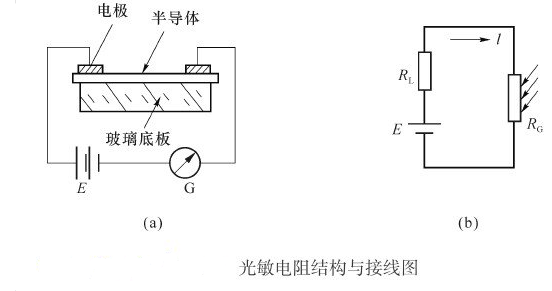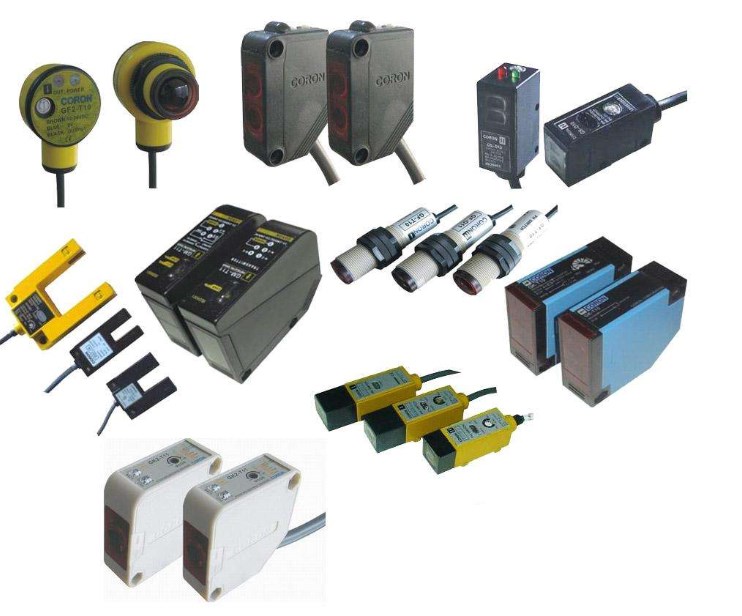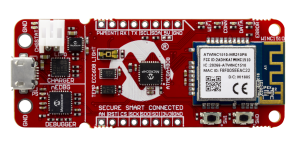Ricoh has launched a low quiescent current LDO regulator with an integrated battery voltage monitor and an output enable pin.

The regulator, designated RP124, has a current consumption of 0.3µA (at no-load), extending the lifetime of battery powered devices, which is important for those applications that are mainly in sleep mode and resume for a periodical brief moment to perform a task.
A conventional way to measure the remaining battery charge is using an external resistor divider + MOSFET connected to an A/D Converter, however, the input impedance of this solution is typically low resulting in a considerable current flow to ground, draining the battery and limiting the lifetime of the application.
The RP124 provides a solution to this with a built-in high-value resistor divider, plus a voltage follower as a buffer. This gives the chip a lower current flow to ground, while providing a strong output that is compatible with the input impedance of the A/D converter.
Not all version have the output-shorting fet, and in some versions ‘CE’ disables the monitor circuit rather than the main regulator

In addition, all essential components for this circuit are integrated into the chip, reducing valuable circuit board space and cost – it needs only three external capacitors (input, output and one on the voltage monitor output). In this way, it is possible to make a simple voltage-based fuel gauge for primary batteries, for example.
Intended applications live mainly in a sleep mode and only wake up briefly to perform a measurement, transmits some data and go back to the sleep mode again.
Input range is 1.7 to 5.5V (6.5V abs max), and output options are: 1.2, 1.5, 1.8, 2.4, 2.5, 2.7, 2.8, 3.0, 3.1, 3.3 and 3.6V – all ±0.8% and at up to 100mA.
There are a few product versions available with options for the chip enable pin and the automatic output discharge function which shorts the power output to ground wen the chip is not enabled.
The CE pin disables the LDO for the B and D-versions.
As for the E-version, it has the possibility to disable the battery monitor circuit when not in use. It saves another 0.1µA whilst the LDO remains in operation, resulting in a current consumption of only 0.2µA.
The device switches automatically between the low power consumption and the fast transient response mode, based on the output current demand of the application.
The performance of the LDO is enhanced in fast transient response mode. In particular, the ripple rejection as well as the response speed to line and load transients demonstrate better results compared to a conventional LDO with low current consumption.
This means the RP124 contributes to optimised output voltage stability and ripple reduction. The Off Mode is controlled by the Chip Enable pin and turns the LDO offline, reducing current consumption to a minimum.
The RP124 has an embedded fold back current limit circuit. When a short circuit occurs at the output, this circuit will decrease the output current to a level of 65mA, thus protecting the LDO and other electronic parts of the application from possible damage.
After removing the short, the regulator resumes to normal operation automatically.
Source from:electronicsweekly

 Inglés
Inglés  Chino
Chino  Alemán
Alemán  Coreano
Coreano  Japonés
Japonés  Farsi
Farsi  Portuguese
Portuguese  Russian
Russian  Español
Español 





